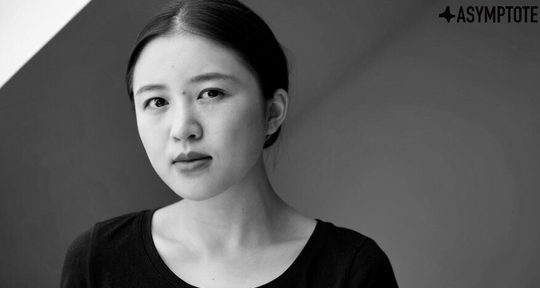This week, our editors-at-large take us around the world for updates on award-winning literature from Nicaragua and Guatemala; the blend of art and letters in recent events centering Chinese literature in translation; and a dedication to one of the most influential literary figures in Macedonia, the late Olivera Nikolova.
José García Escobar, Editor-at-Large, Reporting for Central America
Last month, Mexico’s FIL (Guadalajara International Book Fair) announced that the Guatemalan editor Raúl Figueroa Sarti will receive the inaugural Federico García Lorca Prize. The Premio Federico García Lorca a la Libertad de Expresión y Publicación is awarded to people or organizations that have promoted and protected freedom of speech across Latin America and Spain. Raúl Figueroa Sarti is the founder and director of F&G Editores, one of Guatemala’s and Central America’s most renowned publishing houses, and in 2021, he also won APP’s Freedom to Publish Award.


